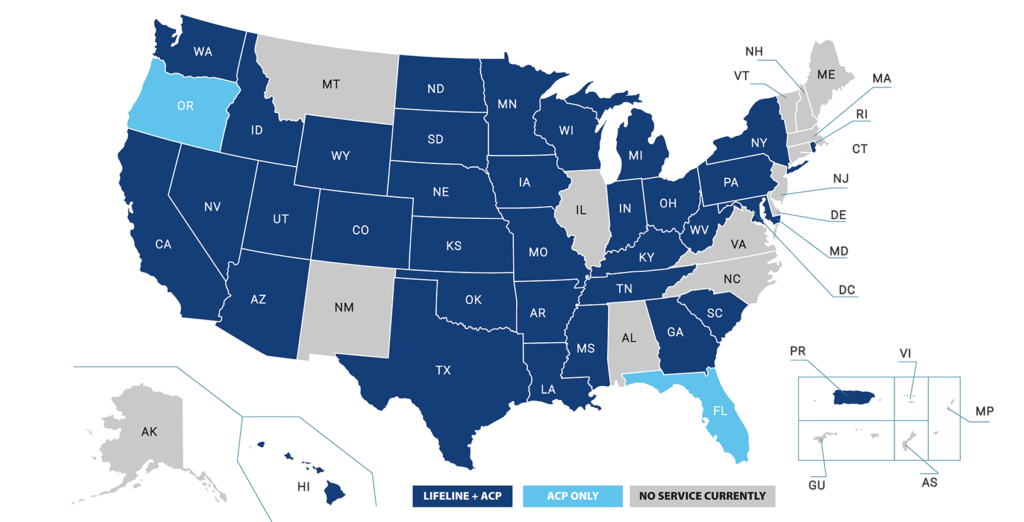Paragraph 1:
In today’s digital age, wireless networks have become an essential component of our daily lives. Whether it’s for browsing the internet, streaming videos or playing online games, wireless networks are constantly in use. However, ensuring that these networks function seamlessly requires the expertise of a networking technician. These professionals are responsible for designing, implementing and maintaining wireless networks to ensure that they are always running at optimal levels.
One of the key responsibilities of a networking technician is to work on wireless networks. This involves setting up access points, configuring wireless routers, monitoring signal strength, and troubleshooting any issues that may arise. With the increasing demand for wireless networks, the role of a networking technician has become even more critical. In this article, we will delve into the world of wireless networking and explore the different aspects of this fascinating field.
What is a Networking Technician?
A Networking Technician is a professional who is responsible for setting up and maintaining computer networks, both wired and wireless. They are responsible for the installation, configuration, troubleshooting, and maintenance of the network. Networking Technicians are the foundation for the Internet and its associated networks, ensuring that all operations run smoothly. They must have a thorough understanding of network protocols, network hardware, software, and security measures.
Network Technicians must possess a variety of skills, including an in-depth knowledge of network systems, an ability to troubleshoot hardware and software, and a strong customer service background. They must be able to think logically and quickly, and be able to solve problems effectively. Network Technicians must be able to work with a wide range of devices and technologies, including routers, switches, and firewalls.
What Does a Networking Technician Do When Working on the Wireless?
Install and Configure Wireless Networks
The first step for a Network Technician when working on a wireless network is to install and configure the network. This involves setting up the wireless router and connecting it to the Internet. The Network Technician then needs to configure the router to allow wireless connections and to set up the security settings.
Once the router is set up, the Network Technician will install wireless network cards in the computers or other devices that will be connected to the network. The Network Technician may also configure the wireless network to allow access to specific computers or devices.
Optimize Wireless Networks
Once the wireless network is set up, the Network Technician will need to optimize it for maximum performance. This involves testing the network for speed, signal strength, and latency. The Network Technician may need to adjust the settings on the router or the wireless network cards to improve the performance of the network.
The Network Technician may also need to configure the router to ensure that it is secure. This involves setting up strong encryption and authentication protocols and configuring the firewall settings. The Network Technician may also need to configure the router to block certain types of traffic or to limit access to specific users.
Troubleshoot Issues
The Network Technician may also be called upon to troubleshoot any issues with the wireless network. This involves identifying the cause of the issue and resolving it. The Network Technician may need to check the settings on the router or the wireless network cards to ensure that they are configured correctly. The Network Technician may also need to check the hardware and software of the systems connected to the network to ensure that they are working properly.
Once the issue has been identified and resolved, the Network Technician will need to ensure that the network is running smoothly. This involves monitoring the network for any issues and addressing them quickly if they arise. The Network Technician may also need to update the firmware on the router or the wireless network cards to ensure that they are running the latest version.
Frequently Asked Questions
A networking technician is a professional who works with computer networks, such as the internet, to ensure they are running smoothly and securely. A networking technician is responsible for troubleshooting network issues, maintaining network security and monitoring network performance.
What does a networking technician do?
A networking technician is a professional who works with computer networks, such as the internet, to ensure they are running smoothly and securely. Their duties include troubleshooting network issues, configuring network hardware and software, training users on network usage, and monitoring network performance. They may also be responsible for designing, implementing and maintaining network security protocols, as well as providing technical support for network users.
What is involved in working on a wireless network?
Working on a wireless network involves a range of tasks, from installing and configuring wireless access points, to troubleshooting wireless connectivity issues. A networking technician may also be responsible for setting up encryption protocols and wireless security measures to protect the network from unauthorized access. Additionally, they may be required to monitor network performance and throughput, to ensure that the wireless network is providing the best possible service for its users.
What skills are required to work as a networking technician?
In order to be successful in working as a networking technician, a person must have excellent communication and problem-solving skills. They must also be knowledgeable in computer networking technologies, such as wireless networking, Ethernet, TCP/IP, and routing protocols. In addition, they should have a good understanding of computer security, network security, and network monitoring.
What qualifications are required to become a networking technician?
The qualifications required to become a networking technician will vary depending on the position and the employer. Generally, a networking technician should have a minimum of an associate’s degree in computer science, information technology, or a related field. Additionally, some employers may require certification in specific networking technologies, such as Cisco Certified Network Associate (CCNA).
What are the career opportunities for a networking technician?
A networking technician may find career opportunities in a variety of industries, such as healthcare, education, government, and finance. Networking technicians may be employed by large organizations, such as corporations and universities, or they may be hired as consultants to smaller businesses. Career opportunities for networking technicians may also include positions in network management, network engineering, and system administration.
In conclusion, the role of a networking technician in working on wireless technology is crucial in today’s fast-paced digital world. With the increasing demand for reliable and secure wireless connectivity, it is essential to have an expert in this field who can design, install, and troubleshoot wireless networks effectively. Whether it is in the corporate world, healthcare, education, or even in our homes, the use of wireless devices and technology is becoming more prevalent, making the role of a networking technician more important than ever before.
As wireless technology continues to evolve, the job of a networking technician will undoubtedly become more challenging. However, this also presents an exciting opportunity for professionals in this field to stay at the forefront of technological advancements and continue to develop new skills. With the right training and experience, a networking technician can help businesses and individuals alike to stay connected and thrive in an increasingly connected world. In short, the role of a networking technician in working on wireless technology is critical for the success of any organization or individual, and their expertise is invaluable in today’s digital age.




